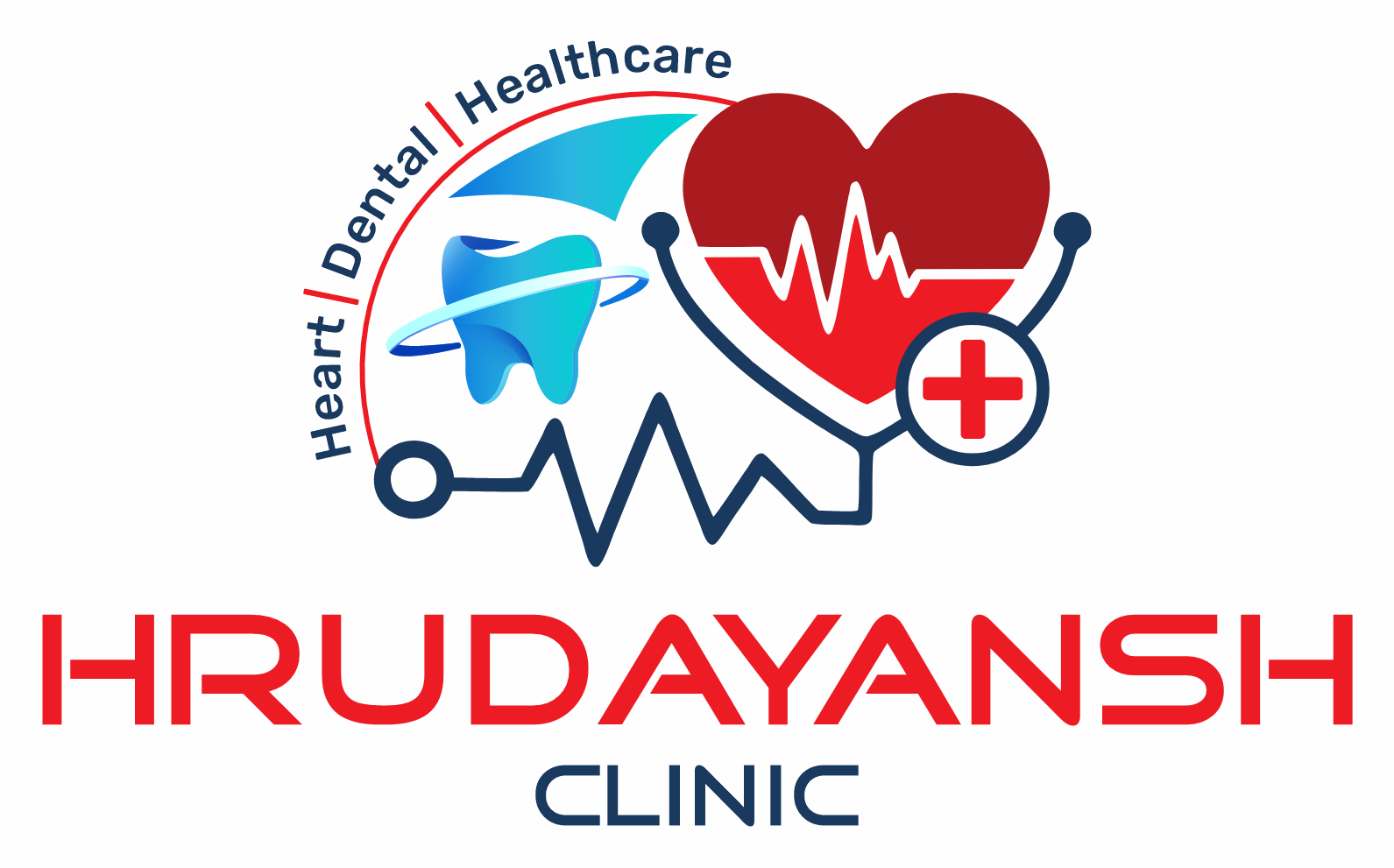Get Effective Hypertension Treatment in Baner | Hrudayansh Clinic
Hypertension is a medical condition characterized by high blood pressure, which can lead to serious health problems if left untreated. Cardiology services related to hypertension typically include the diagnosis, treatment, and management of hypertension, as well as monitoring for related complications.
Why hypertension is diagnosed
High blood pressure doesn’t usually cause noticeable symptoms, so many people don’t know they have it until they have their blood pressure checked by a healthcare professional. Therefore, screening for high blood pressure is important to identify those who have it and manage it before it causes any damage.
Once diagnosed, hypertension can be treated through lifestyle modifications, such as exercise and a healthy diet, and/or medication to help lower blood pressure and prevent further damage to the body.
Cardiology services for hypertension may include:
- Blood pressure monitoring: Cardiologists may use advanced equipment to measure blood pressure levels over time and identify patterns that may indicate hypertension.
- Diagnostic tests: Cardiologists may order diagnostic tests such as electrocardiograms (ECG), echocardiograms, and stress tests to evaluate the health of the heart and identify any underlying conditions that may contribute to hypertension.
- Medication management: Cardiologists may prescribe medication to help lower blood pressure levels and manage hypertension.
- Lifestyle modifications: Cardiologists may recommend lifestyle modifications such as exercise, weight management, and a healthy diet to help manage hypertension.
- Education and counseling: Cardiologists may provide education and counseling to help patients understand their condition and develop strategies to manage hypertension.
In addition to these services, cardiology services for hypertension may also involve education and support for patients to help them manage their condition effectively. This may include advice on diet and exercise, stress management techniques, and education on the importance of regular medication use and blood pressure monitoring. Contact Hrudayansh Clinic to schedule a consultation with one of our cardiovascular specialists.
Frequently Asked Questions
Treatment for hypertension typically involves lifestyle changes, such as losing weight, exercising regularly, and reducing salt and fat in the diet. In some cases, medication may be prescribed to lower blood pressure.


